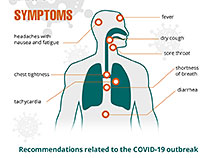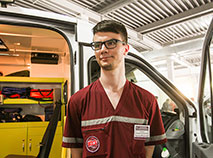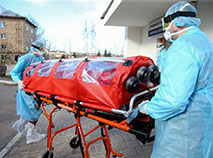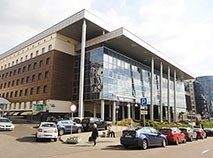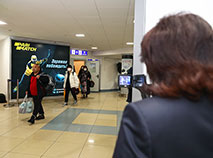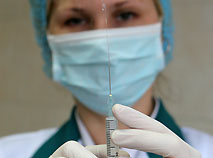Travel health in Belarus

From immunisations to dietary precautions, your essential guide to staying healthy when you travel in Belarus
Do you need any immunisations before you go to Belarus?
If you’re planning to travel to Belarus, you don’t need any specific immunisations, but it’s a good idea to be up to date with the following jabs:
-
hepatitis A and B
-
rabies
-
typhoid
-
tetanus
-
diphtheria
-
polio
Are there any specific health risks in Belarus?
Tick-borne encephalitis is caused by a virus from ticks commonly found in heavily forested areas of Belarus.
How to protect against tick-borne encephalitis:
-
make sure your skin is covered if you are walking in dense undergrowth
-
use insect repellent containing DEET
-
always check yourself for ticks after walking in forest areas
The incubation period for tick-borne encephalitis is 7-14 days, so if you experience flu-like symptoms see a doctor as quickly as possible.
To protect against HIV/AIDS in Belarus, use the same precautions as you would elsewhere in the world:
-
avoid unprotected sex by using condoms
-
don’t have multiple sexual partners
-
don’t share needles
Rabies is an increasing problem in Belarus. It affects dogs, foxes and wolves so be aware and stay clear of animals just in case.
Are there any types of food or drink to avoid in Belarus?
In Belarus, it’s best to avoid drinking water unless it is bottled or has been boiled.
The risk of radiation poisoning from Chernobyl is low. However, you should avoid drinking local water and eating food products which originate from the affected areas, especially berries, mushrooms and dairy produce.
What health precautions should you take?
When travelling in Belarus, as with any country, it’s best to take a first aid kit with you. This should include:
-
plasters
-
bandages and dressings
-
paracetamol / aspirin
-
insect repellent
-
oral rehydration sachets
-
scissors
-
hypodermic syringes and needles
-
antiseptic wipes
Take care around animals, especially stray dogs.
Make sure that you have comprehensive travel insurance when you travel to Belarus. This should cover you for needing to fly home in the event of a health emergency.
Read more about travel insurance in Belarus
What do you do if you get ill?
Healthcare in Belarus can be limited in rural areas. If you fall seriously ill you should try to make contact with your Embassy or local Consular department.
If you need an ambulance, the emergency number is 103.



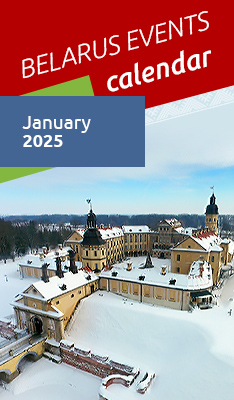




 print version
print version make home page
make home page add to bookmarks
add to bookmarks